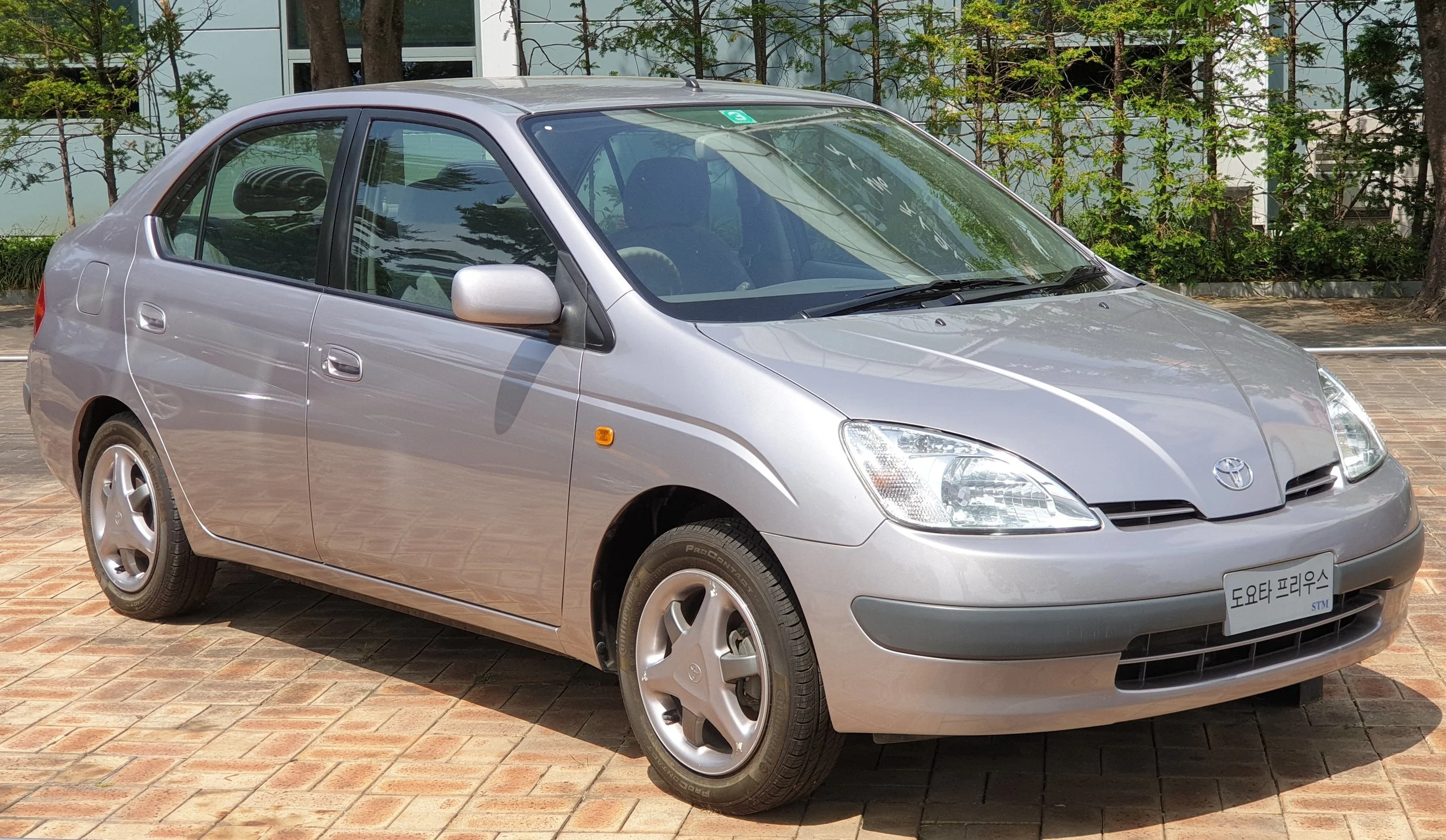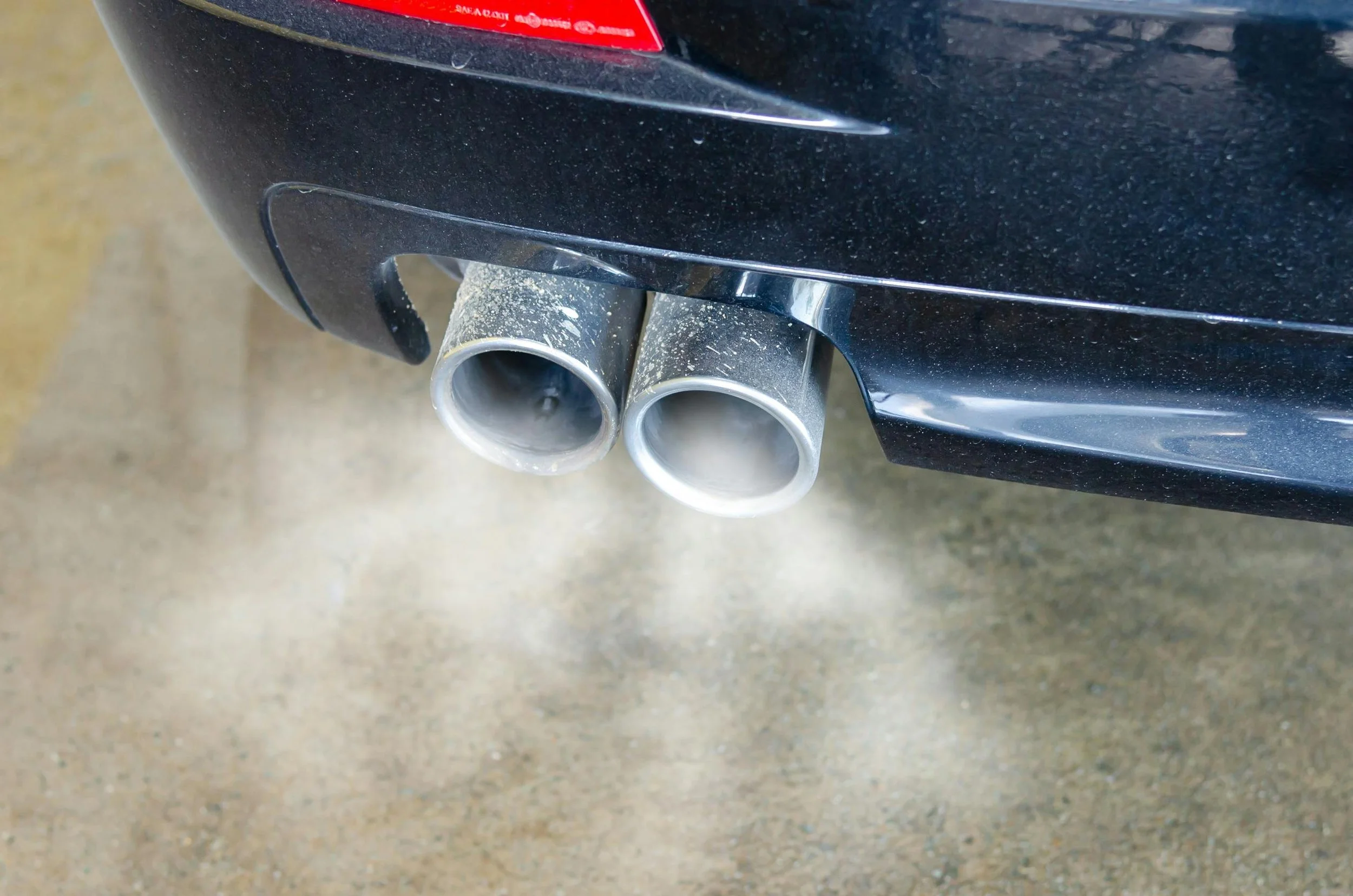Toyota: Good for Cricket?
Guest blog from Anonymous
In April this year, the ECB announced a new sponsorship deal with the global car giant Toyota. We should welcome sponsorship money coming into the game, but at what cost?
Cricket, as with other sports and cultural institutions, should have high standards, and not just accept money from any old source without considering our values, our traditions, and what exactly we are giving away in exchange. Remember the Benson and Hedges Cup? That wouldn't be possible now - and rightly so.
Cricket is a mere tiddler to Toyota, just one of its vast portfolio of worldwide sports sponsorship, from beach volleyball, to NASCAR racing, to snowboarding - whatever the locals happen to feel attached to in the more than 170 countries Toyota sells its cars in.
Sports is just a means to an end - put your brand in front of millions of people while they are watching something they love, create warm fuzzy brand associations, and flog more cars.
But as more cricket games get rained off, players suffer heatstroke, and climate change-induced flooding, droughts, and extreme heat disrupt the game itself and the lives of millions of fans worldwide, there is a little cognitive dissonance in our sport helping the world’s biggest car company get bigger.
Inexplicably, given the climate crisis, SUV sales are rising fast
Toyota already adds about 11 million new petrol vehicles to the road every year. Its high-volume business model is to try to stay top dog in unit sales at all costs - whether traffic congestion, human health, or climate change.
Its business model adds a staggering amount of CO2 to our atmosphere. In its most recent sustainability report, Toyota reported 2023 emissions of 592.89 million tonnes of CO2, meaning it has overtaken Germany as a source of emissions, and is catching up with Saudi Arabia.
Athletes themselves are starting to feel this dissonance. When Toyota was “worldwide mobility partner” of the Paris Olympics last year, 14 Olympians, including British medal-winners from the London 2012 Games, signed an open letter urging the Olympics to drop Toyota as a sponsor.
Hang on a minute, isn't Toyota leading the way on making ‘cleaner’ cars? Nope - they have cultivated a great image, but it’s just good PR. The Prius was advanced when it was launched in 1997, but that was almost 30 years ago.
Today, as many carmakers are going fully electric, Toyota is actually lagging behind all other major carmakers in the EV transition, at only about 1% of its sales. A Greenpeace report ranked Toyota the worst out of all major car manufacturers for decarbonisation and in 2023, 54 environmental groups from 26 countries wrote to the new CEO, urging him to move away from outdated combustion engine business model, and into zero-emission vehicles.
Beyond their own slow progress in doing anything about climate change however, the worst thing about Toyota is what it’s doing to slow others down. They’re consistently ranked the worst lobbyist in the car industry on climate policies, and in 2021 were even ranked the 3rd worst company in the world at obstructing climate policy, across all sectors, behind only the oil giants Exxon and Chevron.
Here in the UK, the single most impactful climate policy at cutting our CO2 is the Zero Emission Vehicle mandate, which requires the auto industry to upgrade to 100% zero-emission vehicles over time.
Toyota has for years lobbied against that policy.
Toyota - doubling down on fossil fuel pollution
A majority of Britons now say climate change is one of the most, if not the single most, important problems the country faces.
Toyota knows that trying to undermine the UK’s flagship climate policy purely to increase their own profits is not going to make them popular with the public.
They also know that drivers themselves would prefer not to buy from car brands engaged in negative lobbying on climate.
In this context, aligning their brand with the beloved game of cricket makes a lot of sense. Positive associations will drown out any pesky doubts arising in the public’s mind, as to why a Japanese car giant is trying so hard to stop Britain’s efforts to move to a cleaner way of life.
It is unclear what environmental due diligence, if any, the ECB did before selecting Toyota as a sponsor. It should have been obvious from a cursory look at the company’s sustainability reports that Toyota’s huge emissions posed a reputational risk to the game.
Unless we want to see the sport we love retreating indoors to weird underground bunkers and astroturf while the world burns outside, we’re going to have to get tough on mega-polluters like Aramco and Toyota.
That starts with kicking them out of the game.
What you can do
To learn more about Toyota’s poor record on climate, decarbonisation and greenwashing, visit pollutamotor.com
Write to the ECB and ask that they seek out commercial partners who are compatible with the UN Sports for Climate Action Framework, to which they are signatories: ecb.co.uk/about/contact-us
Sign The Next Test Pledge
The Next Test is building a global community of cricket lovers who are committed to taking positive climate action.
Join us:




